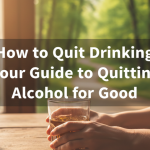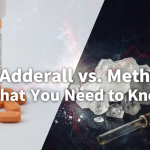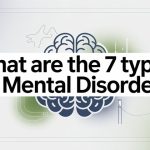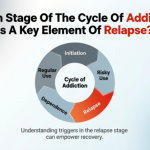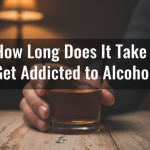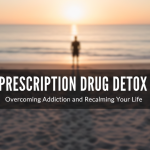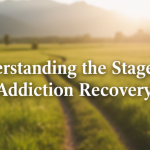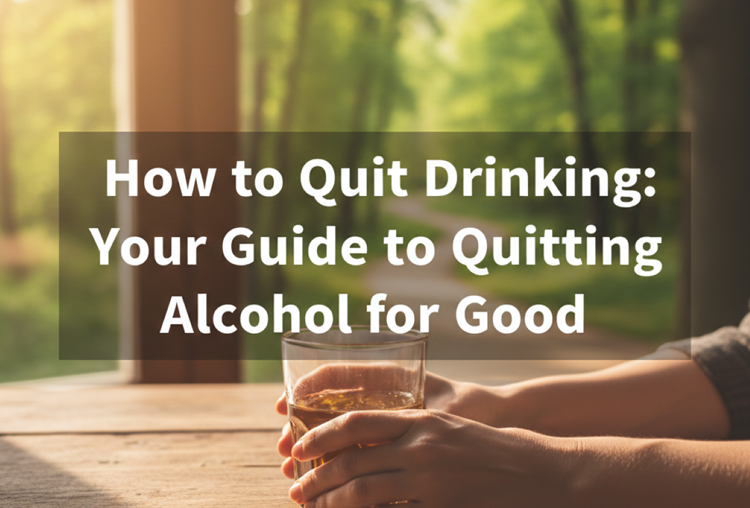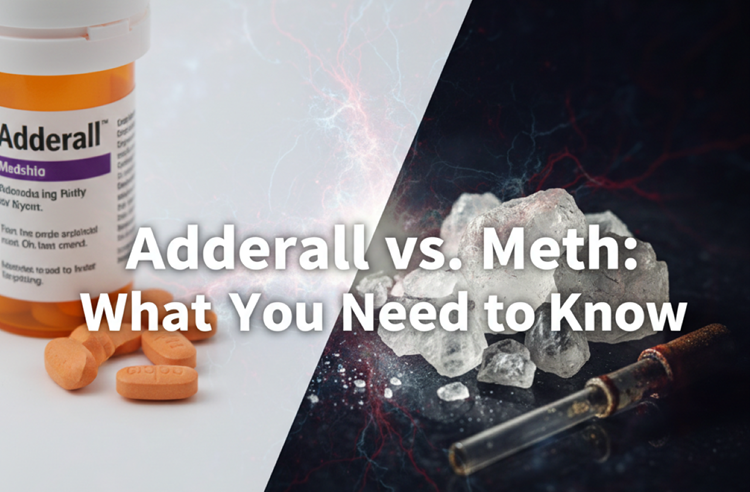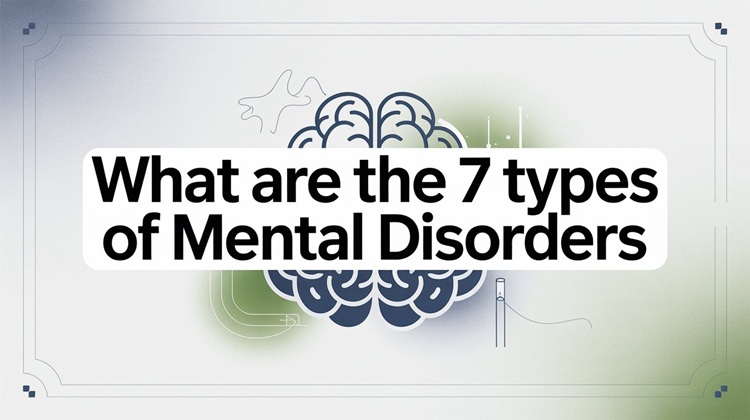When it comes to addiction treatment, inpatient rehab is not the only option. Outpatient rehab allows you to get professional help while continuing to live at home. It’s a flexible option for those with mild to moderate addiction who still need support but can’t step away from daily responsibilities. However, outpatient rehab is not right for everyone.
In this article, we’ll explore who should go to outpatient rehab in Florida. You will learn:
- What happens during outpatient rehab
- Who should consider outpatient rehab
- Signs outpatient is right for you
- Where to find outpatient rehab in Central Florida
What Happens During Outpatient Rehab?
Outpatient rehab programs help people recover from addiction on a flexible schedule. Clients can live at home, continue going to work or school, or care for their families.
There are three levels of care for outpatient rehab.
- Partial hospitalization program (PHP) – This is the most intensive outpatient option, with treatment several hours a day, most days of the week.
- Intensive outpatient programs (IOPs) – IOP is a step down from PHP, with a few hours of therapy multiple days a week.
- Outpatient programs (OP) – Outpatient rehab is the least intensive, with therapy once or twice a week to maintain progress.
During outpatient drug rehab, clients meet for individual, group, or family therapy sessions. They learn how substances affect the brain and body, plus ways to avoid relapse as well as coping skills to handle triggers, stress, and cravings.
Who Should Consider Outpatient Rehab
Outpatient treatment is not right for everyone. Some people have severe substance use disorders, co-occurring mental health conditions, or other situations that make them more suitable for inpatient care.
People who should consider outpatient rehab include:
People with Mild to Moderate Addiction
Outpatient rehab is often a good fit for individuals with less severe substance use issues. If you’re not experiencing intense withdrawal symptoms or in need of 24/7 care, outpatient treatment can give you the support you need while you continue living at home.
Those with a Supportive Home Environment
Having a stable, safe, and encouraging home environment is crucial for outpatient success. If your family or household members understand your goals and support your recovery, outpatient rehab can work well. If the home environment is stressful or unsupportive, inpatient treatment might be a better choice.
People Who Need a Flexible Schedule
Outpatient rehab allows you to continue working, going to school, or caring for family while attending therapy. If you can’t take time away from these responsibilities, outpatient care provides the flexibility to get help without disrupting your daily life.
Individuals Transitioning from Inpatient Rehab
Many people use outpatient treatment as a step down from inpatient rehab. After spending time in a residential program, outpatient rehab helps you practice the skills you’ve learned while still receiving professional support.
Those with Strong Personal Motivation
Outpatient rehab requires a high level of personal commitment. If you’re motivated to stay sober, participate in therapy, and apply new coping skills, this type of treatment can be very effective. People who aren’t ready to fully engage might benefit more from inpatient care initially.
People with Access to Community Support
Recovery isn’t just about what happens in therapy—it’s also about staying connected with support groups. Outpatient rehab works best when you have supportive friends, family, or community resources like 12-step meetings to help you stay accountable.
100% Confidential Support is Available 24/7
No matter what you’re going through, you’re not alone. Our dedicated team is here to provide a safe, judgment-free space where you can talk openly and honestly. Whether you need emotional support, resources, or just someone to listen.
We’re here for you—completely confidential and always respectful of your privacy. Call us today!
Signs Outpatient Rehab in Florida is Right for You
An outpatient rehab program in Florida may be right for you if:
- Your addiction is mild to moderate.
- You have a stable, supportive home environment.
- You’re motivated to stay sober and stick to the program.
- You need flexibility to keep up with work, school, or family.
- You’ve completed inpatient rehab and want ongoing support.
Outpatient programs often work best when people are motivated, have a strong support system, and are committed to their recovery.
If you’re unsure if outpatient rehab is right for you, an admissions counselor at Solutions Healthcare can assess your needs, verify your insurance, and help you make the right decision for treatment.
Contact Solutions Healthcare
Battling with Drug and Alcohol Addition? Remember, you are not alone and we are here to help you!
Comparing Outpatient vs Residential Treatment
The biggest difference between outpatient and inpatient is where you live during treatment and how much time you spend at the facility. In residential or inpatient, you stay at a treatment facility full-time. This provides 24/7 care, structure, and a break from everyday triggers.
However, during outpatient treatment, you live at home and go to scheduled therapy sessions. Sessions can range from a few hours a week to several hours a day, depending on the program and level of care.
Start Your Recovery at an Outpatient Rehab Center in Florida
Solutions Healthcare offers flexible outpatient treatment programs for those struggling with substance abuse and mental health issues in Central Florida and beyond. Our comprehensive range of dual-diagnosis residential and community-based programs cater to the unique needs of those affected by mental health and substance use disorders.
Using clinically proven, evidence-based models of care, we deliver practical and sustainable solutions that empower and support our clients on their journey to healing and recovery.
To learn more about our Central Florida outpatient treatment center or to get started with a confidential, risk-free assessment, please contact us today!







